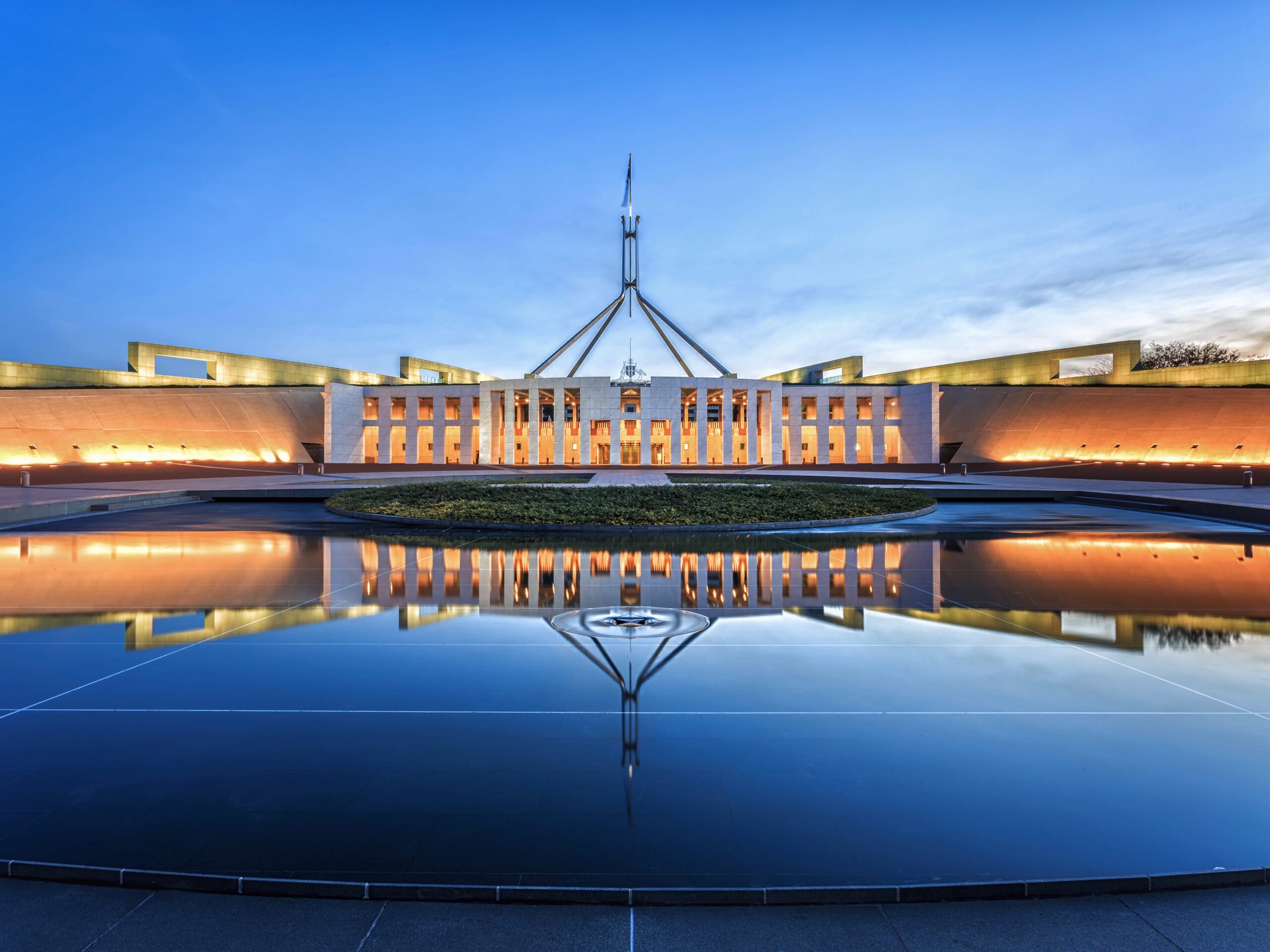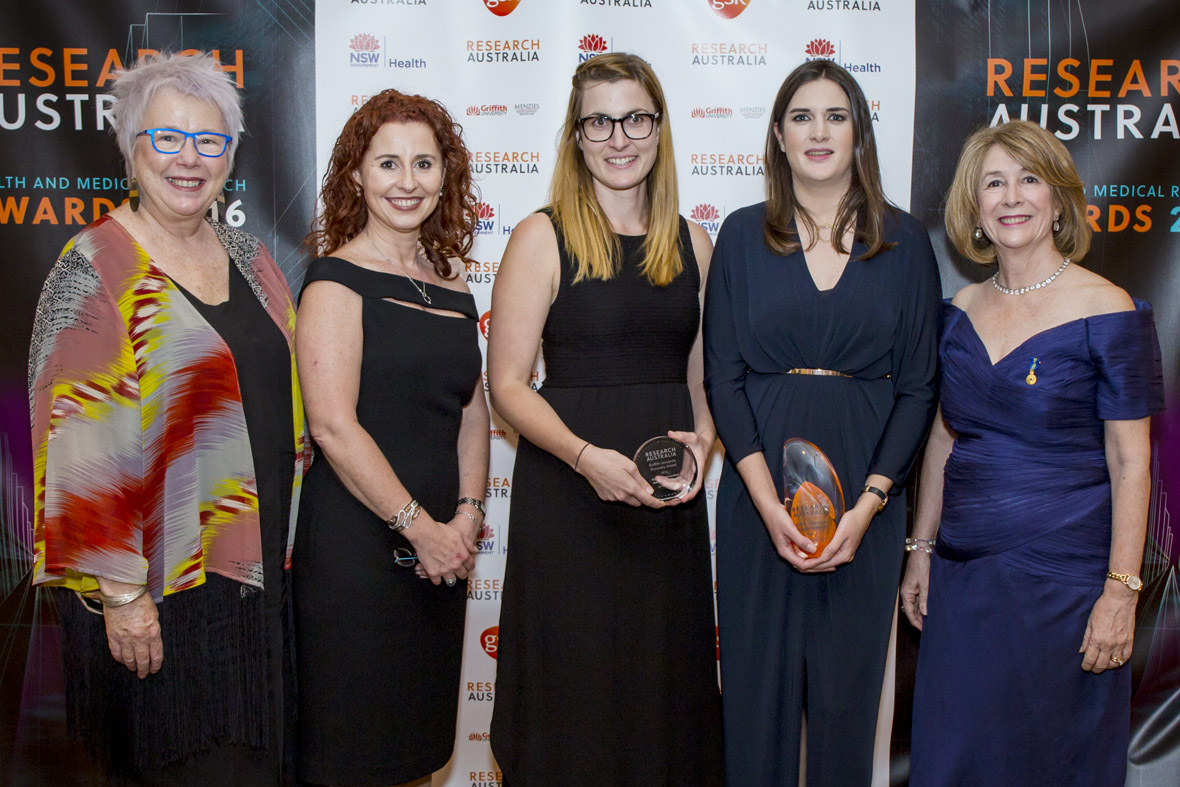New hope in fight with fatal blood cancer
The Australian
Mackenzie Scott, Tuesday 23 March 2021
A cancer breakthrough developed in Brisbane is expected to give new hope to patients suffering a rare and deadly form of blood cancer that affects the brain and nervous system.
The dual precision treatment designed at Brisbane’s Mater Hospital by haematologist Maher Gandhi is expected to revolutionise the care given to those diagnosed with a non-Hodgkin‘s lymphoma called Primary Central Nervous System Lymphoma.
Professor Gandhi has spent the past five years researching the disease, which affects between 10 and 20 Australians a year. It is the first large-scale study into PCNSL conducted worldwide as part of an Australian-led international consortium, which found that the genomic make-up of the lymphoma was fundamentally different from any of the 60 other types.
“I remember when I was a trainee doctor, seeing patients like this, there was always a lot of excitement because the disease is quite rare. It was alongside a lot of disappointment, too, because it was so hard to treat,” Professor Gandhi said.
“Some of the rare cancers get very neglected. It just made me very passionate to try to extend the advances we’ve had in other forms of non-Hodgkin’s lymphoma to these ones.”
PCNSL, which is confined to the brain, eyes and cerebrospinal fluid,mostly affects people in their 50s and 60s who are immuno-compromised.
Chemotherapy and radiation are largely ineffective.
Brisbane grandfather Scott Griffiths, 46, was diagnosed with the disease in 2018 after a bout of glandular fever.
While the virus wouldn’t normally increase the risk of developing the cancer, a kidney and pancreas transplant in 2010 had left him susceptible.
Professor Gandhi prescribed a dual treatment that included a daily dose of small molecule chemotherapy drug Ibrutinib for 10 weeks alongside a vaccine of cells from a healthy person who had previously had the virus.
The goal was to try to kill the cancer slowly and re-educate the immune system how to function.
“I was really depressed when I was diagnosed,” Mr Griffiths said. “I thought I was going to die.”
“I may not be here for a long time, the tumour could come back but hopefully I can get back to work and do something for myself.”
The treatment is in its third year of clinical trials and the research is about to be published in the American Society of Haematology’s journal Blood.
Professor Gandhi is also in the running for Research Australia’s prestigious National Health and Medical Research Awards.
The full article can be viewed here.



